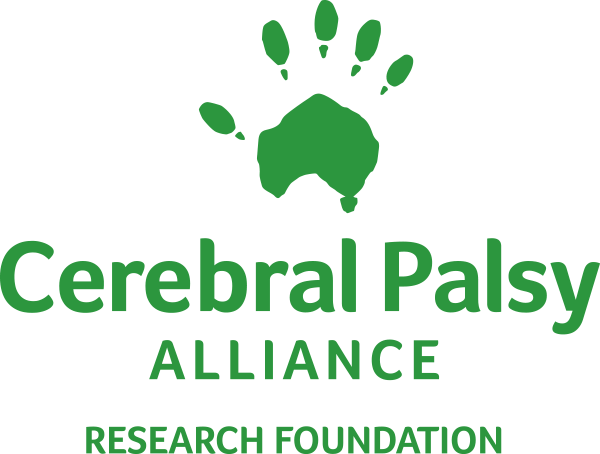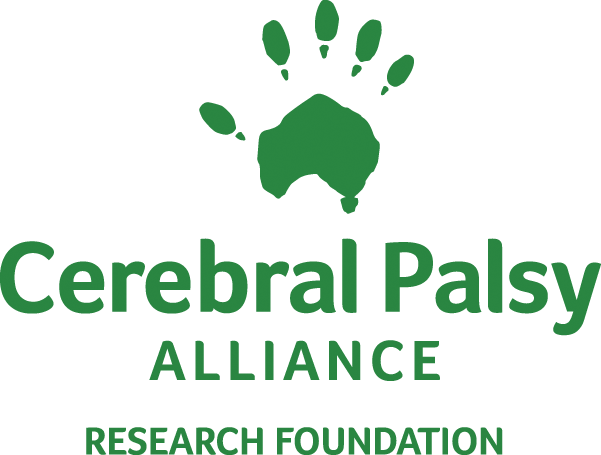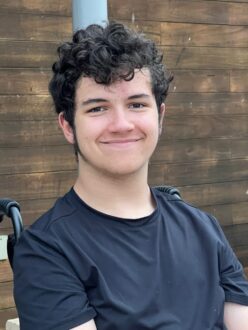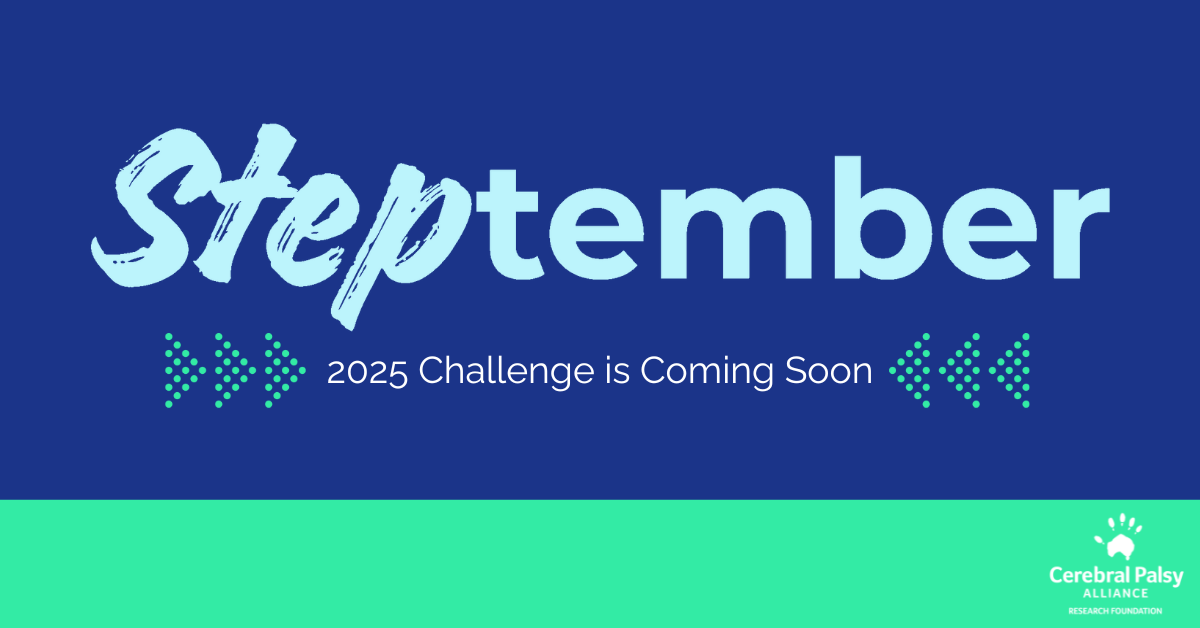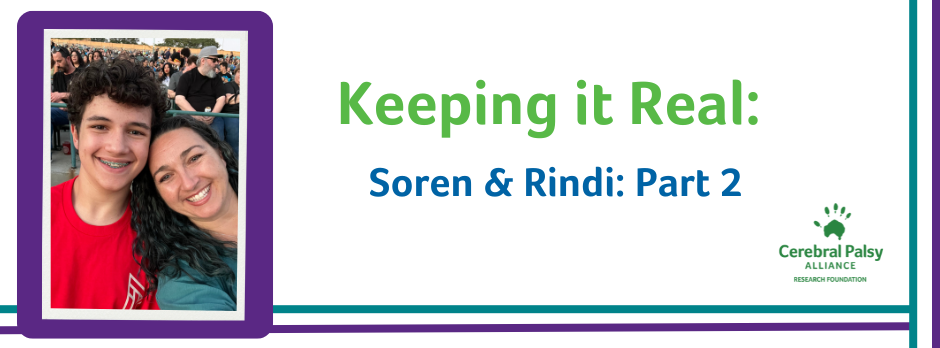
Keeping It Real: Soren and Rindi, Part Two
By Rindi and Soren
We recently connected with Rindi and her son, Soren, and asked them to share their personal experiences with cerebral palsy. Part One of Rindi’s story is below and you can check out Soren’s story.
Rindi, what was your reaction when Soren was diagnosed with CP?
We had mixed feelings about Soren’s diagnosis. Soren was not diagnosed until he was 2 1/2 years old. We had spent the better part of 2 years seeing specialists, therapists, and having all sorts of testing done. Up until his diagnosis, all testing had indicated he was a normal, healthy child with not much else to explain his physical development delays. Once diagnosed, we felt a sense of relief, knowing what to call it and having something we could use to obtain services to assist him as he grew. We also felt a sense of grief, now having an idea of what his future would look like and it not being what we had ever anticipated for him.
What are the biggest challenges you’ve faced raising a child with CP?
I would say our challenges have been two-fold: 1) Having to prepare Soren to navigate our society and its systems, helping him understand the why and how to successfully move through social spaces while also facing not only physical challenges, but the social expectations that challenge his participation in society.; 2) Having to navigate the medical and school systems to ensure Soren has equipment, therapy, care, and education he deserves to thrive.
What do you wish people knew about what it’s like to be a caregiver?
In one word: exhausting. As a caregiver, I have felt like a warrior. Having to learn the ins and outs of all systems, learning more to be able to ask the right questions of the right people to get the right care for Soren. And when the systems fail, and they do so more than they get it right, then learning even more to be able to fight to ensure things are corrected. Being a caregiver means spending hours a day, weeks, months, and even years of learning, doing, following up everything to ensure everyone is doing what they say they are doing… all to make sure Soren gets sometimes even the most basic of things for daily living or long-term health.
The absolute hardest part is having to explain to your child why the systems keep failing him when everyone, including his doctors and therapists and teachers, are all saying he needs and deserves the care. It is one of the most challenging things as a parent to teach your child that the world was not made with them in mind and they will have to fight to be heard, to access most things, and to be included in decision-making.
Wed 21 May 2025
Are you ready for STEPtember 2025? We’re officially in double digits — CPARF is celebrating 10 years of funding groundbreaking cerebral palsy research and driving innovation forward. And there’s no better way to mark this milestone than with our biggest, boldest STEPtember yet. Thanks to you, STEPtember has grown into a global movement that powers […]
Thu 15 May 2025
Celebrate Your Birthday with Purpose: Start a Fundraiser That Changes Lives Birthdays are for joy, reflection, and connection — and now, they can help fund groundbreaking research, fuel innovation in assistive technology, and create lasting change for people with cerebral palsy and other disabilities. Celebrate your special day by starting a customized birthday fundraiser to […]
